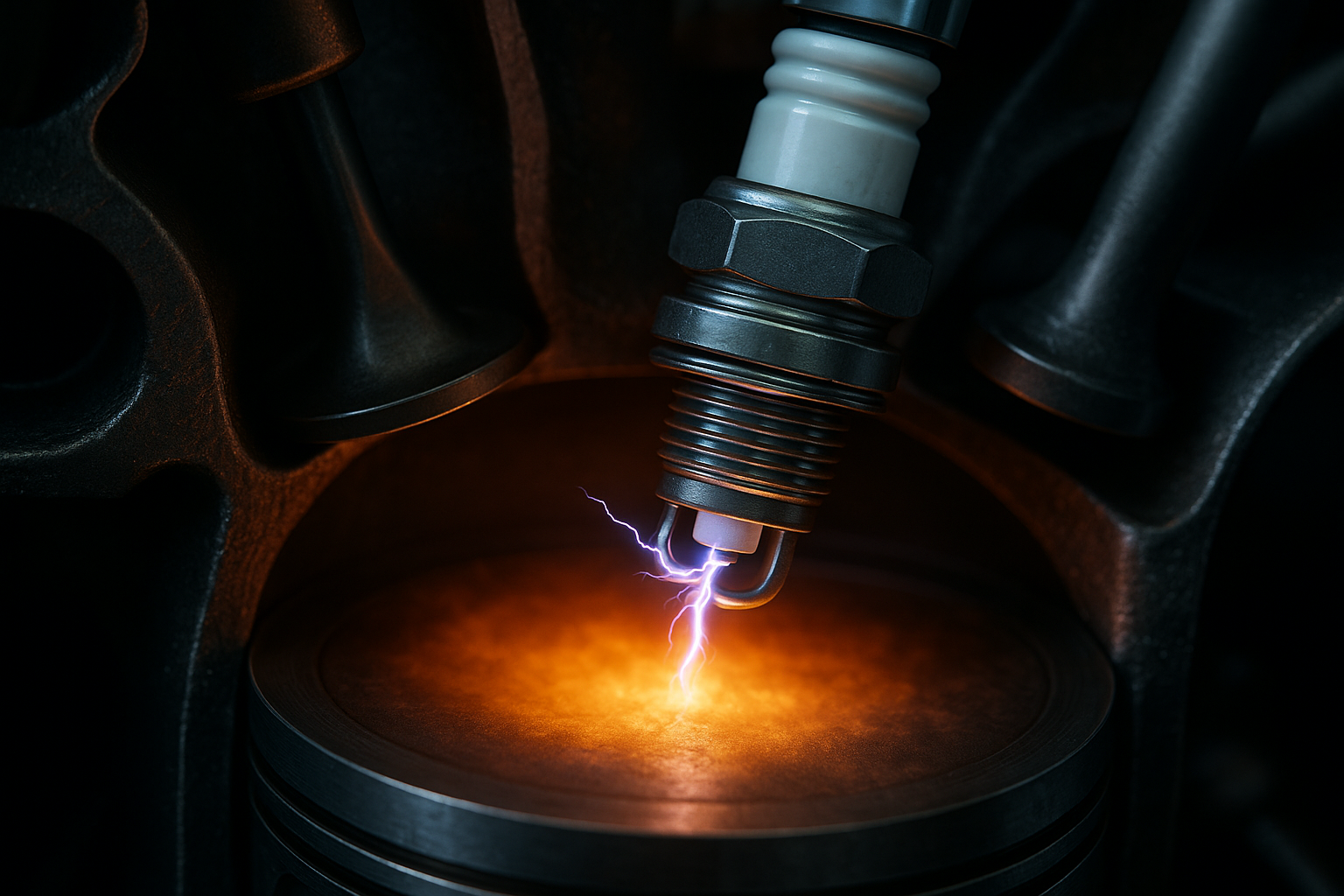How Diesel Generators Work and Their Key Performance Facts
Find out how diesel generators provide reliable and efficient power for homes, businesses, and industrial sites. Known for durability and high performance, they offer backup electricity during outages, support heavy-duty equipment, and ensure continuous operation in various environments.

How Diesel Generators Work: Key Facts Explained
Diesel generators operate through a straightforward four-stroke combustion cycle that converts chemical energy into mechanical energy, then into electrical power. The process begins when the diesel engine draws air into the combustion chamber during the intake stroke. During compression, the piston compresses this air to extremely high pressures, raising the temperature significantly. When diesel fuel is injected into this superheated compressed air, it ignites spontaneously without requiring spark plugs, creating the power stroke that drives the piston down. The exhaust stroke completes the cycle by expelling burned gases.
The mechanical energy from this combustion process rotates the engine’s crankshaft, which connects to an alternator. The alternator contains rotating magnetic fields that generate electrical current as they spin past copper windings. This electromagnetic induction process produces the alternating current electricity that powers your equipment. Most diesel generators include automatic voltage regulators to maintain consistent electrical output regardless of load variations, ensuring stable power delivery to sensitive electronics and appliances.
Diesel Generator Fuel Efficiency and Performance Facts
Modern diesel generators typically consume between 0.5 and 1.0 gallons of fuel per hour for every 10 kilowatts of power output, though this varies significantly based on load conditions and generator size. Generators operating at 75% to 80% of their rated capacity achieve optimal fuel efficiency, while running at very light loads or maximum capacity reduces overall efficiency. Larger industrial generators often demonstrate better fuel economy per kilowatt-hour compared to smaller residential units due to their more sophisticated engine management systems.
Performance factors affecting efficiency include ambient temperature, altitude, and maintenance condition. Diesel generators perform exceptionally well in cold weather compared to gasoline alternatives, as diesel fuel is less volatile and the engines are designed for reliable cold-weather starting. Regular maintenance, including clean air filters, proper oil levels, and fuel system cleanliness, directly impacts both fuel consumption and power output. Load bank testing helps verify that generators maintain their rated performance specifications over time.
Key Facts About Diesel Generator Longevity and Reliability
Well-maintained diesel generators typically provide 20,000 to 30,000 hours of reliable operation before requiring major overhauls, significantly outlasting gasoline-powered alternatives. Industrial-grade diesel generators often exceed these expectations, with some units operating reliably for decades in commercial applications. The robust construction of diesel engines, featuring heavy-duty components and lower operating RPMs, contributes to their extended service life and reduced wear rates.
Regular maintenance schedules play a crucial role in achieving maximum longevity. This includes oil changes every 200 to 500 operating hours, depending on the manufacturer’s specifications, along with periodic replacement of air filters, fuel filters, and coolant. Monthly exercise runs help prevent fuel degradation and keep internal components properly lubricated. Proper installation with adequate ventilation, weather protection, and level mounting surfaces also extends generator lifespan significantly.
Environmental factors affecting reliability include temperature extremes, humidity levels, and exposure to dust or corrosive substances. Generators in coastal areas require additional maintenance attention due to salt air exposure, while units in dusty environments need more frequent air filter changes. Quality diesel fuel storage and treatment prevent fuel-related issues that could compromise reliability, making fuel management an essential aspect of long-term generator care.
| Generator Size | Manufacturer | Fuel Consumption (GPH) | Price Range |
|---|---|---|---|
| 20kW Standby | Generac | 1.8-2.2 | $4,500-$6,000 |
| 30kW Standby | Kohler | 2.6-3.1 | $6,500-$8,500 |
| 50kW Commercial | Cummins | 4.2-5.1 | $12,000-$16,000 |
| 100kW Industrial | CAT | 8.5-10.2 | $25,000-$35,000 |
Prices, rates, or cost estimates mentioned in this article are based on the latest available information but may change over time. Independent research is advised before making financial decisions.
Installation costs typically add $3,000 to $8,000 to the total investment, depending on electrical connection requirements, concrete pad preparation, and local permit fees. Natural gas conversion options are available for some diesel generator models, though this may affect warranty coverage and requires professional installation to ensure safe operation.
Diesel generators represent a proven technology for backup power applications, offering excellent fuel efficiency, long service life, and dependable performance across various operating conditions. Their ability to start quickly during power outages and maintain stable electrical output makes them particularly valuable for critical applications. While initial costs exceed portable gasoline generators, the superior longevity and lower operating costs of diesel units often provide better long-term value for permanent installation scenarios.




